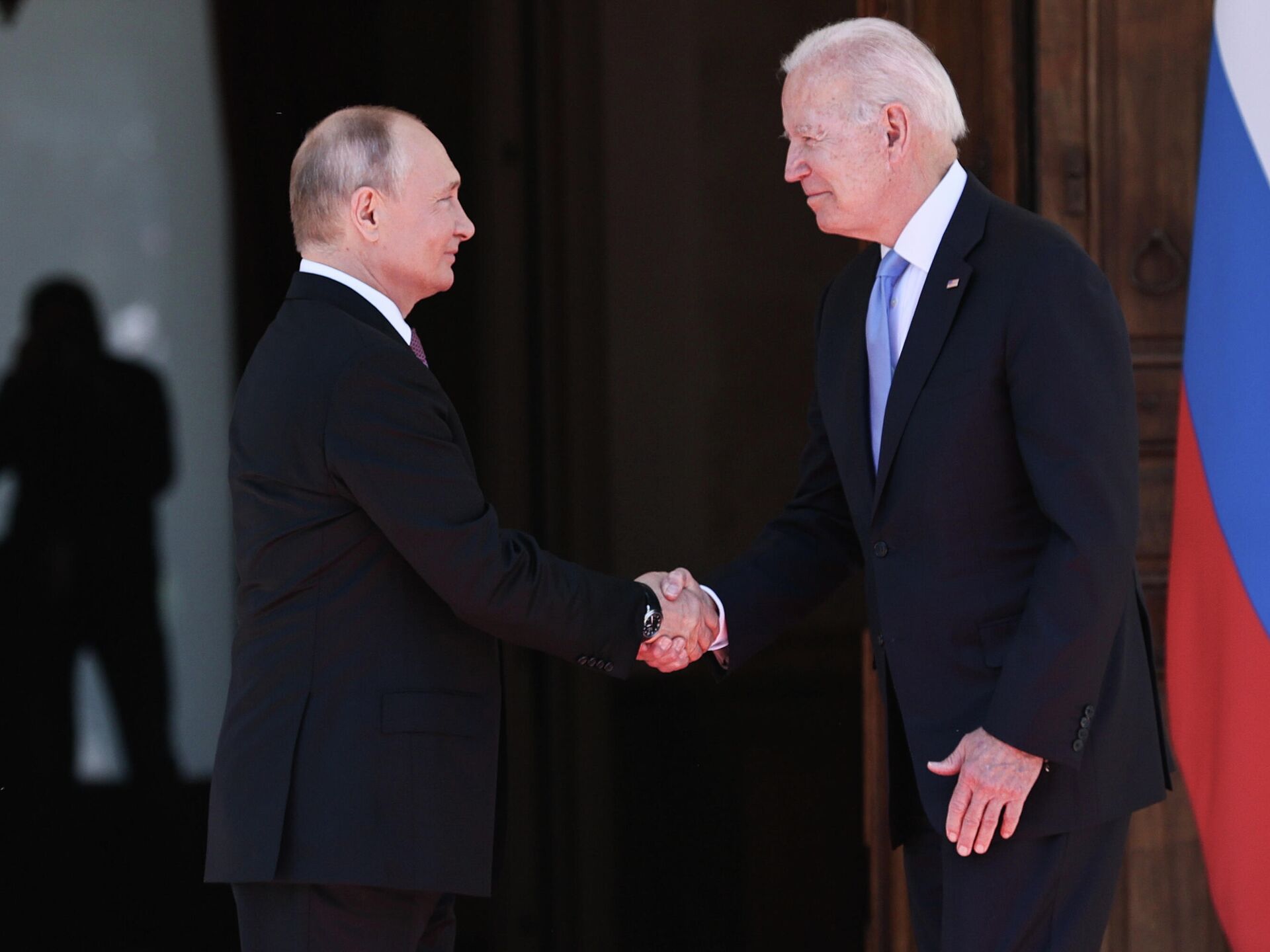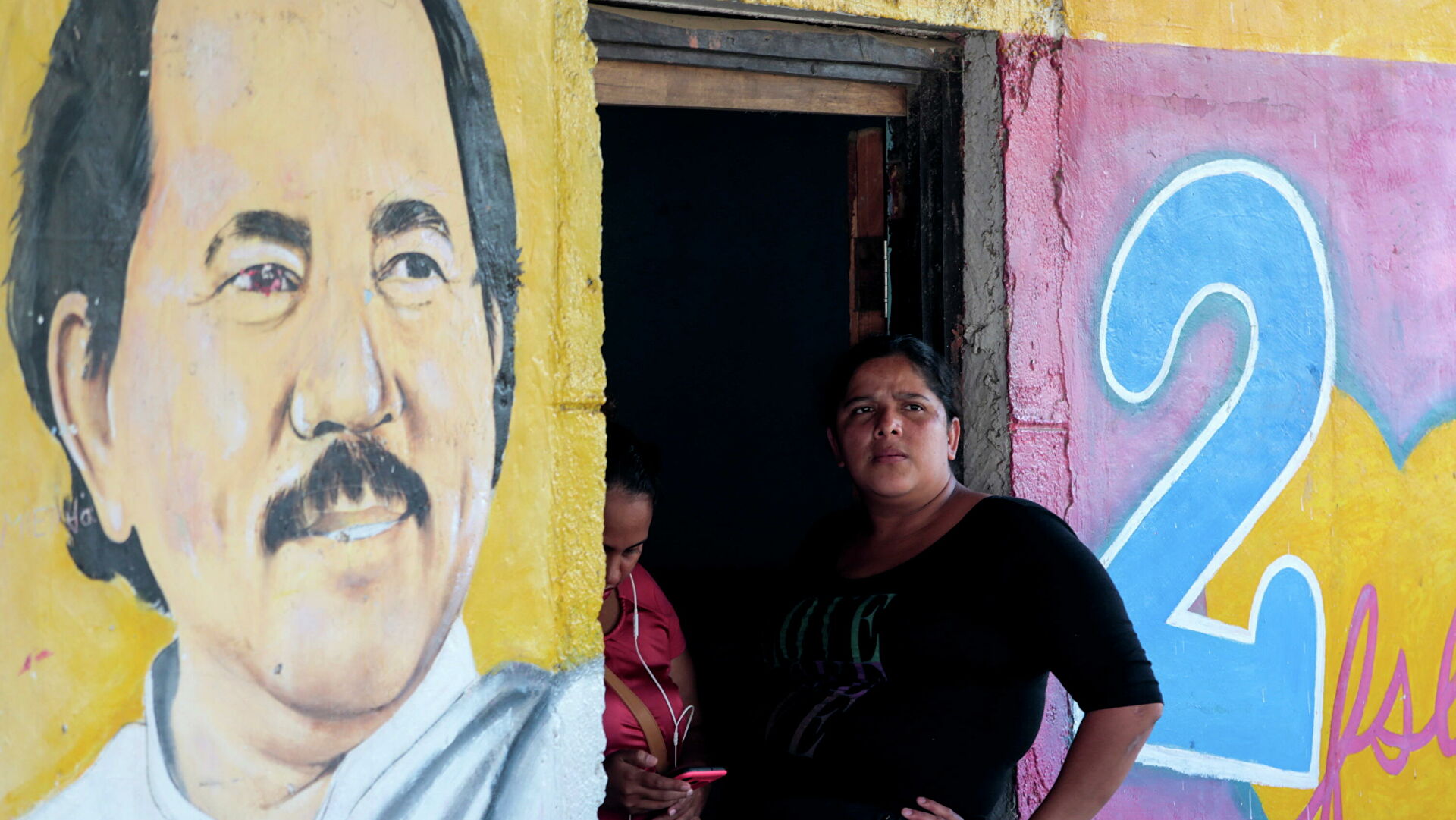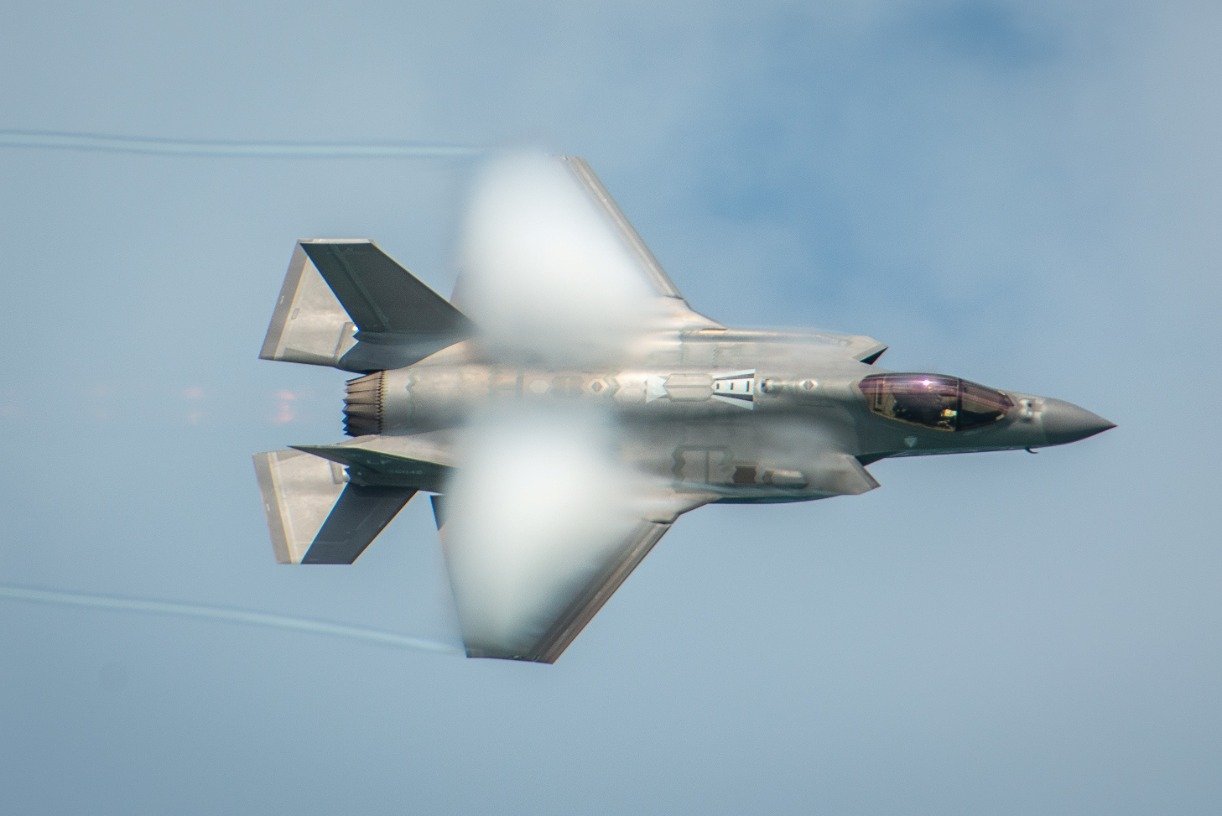"Putin... I think he is being very restrained at the moment," Dr. Caldicott said during a press briefing on Wednesday, adding that US attempts to create an enemy image around Putin are "totally inappropriate."
While many analysts have compared the current relationship between the United States and Russia to the days of the Cold War, there has been little attention paid to the possible threat of a nuclear exchange, according to Caldicott who was a respected anti-nuclear weapons activist and lobbyist throughout the 1980s.
"Of the 16,300 nuclear weapons in the world, Russia and America own 94 percent," she said, arguing that NATO expansion to Russia's borders was "very, very dangerous."
Caldicott called for nuclear disarmament and a greater effort to educate the public and younger generations of the risks posed by nuclear weapons.
"A nuclear war, that will be the end of everything. And we've known that forever," she stressed.
Currently both the United States and Russia are engaged in upgrading their nuclear arsenals, which have been largely degraded since the end of the Cold War.
According to a recent report by the Congressional Budget Office, the United States is expected to spend about $355 billion over the next ten years to upgrade and modernize the nuclear triad.
In Russia, defense officials and publications have announced the goal of upgrading and modernizing 98 percent of the strategic missile force by 2021.



_jpg/250px-ElbeDay1945_(NARA_ww2-121).jpg)









